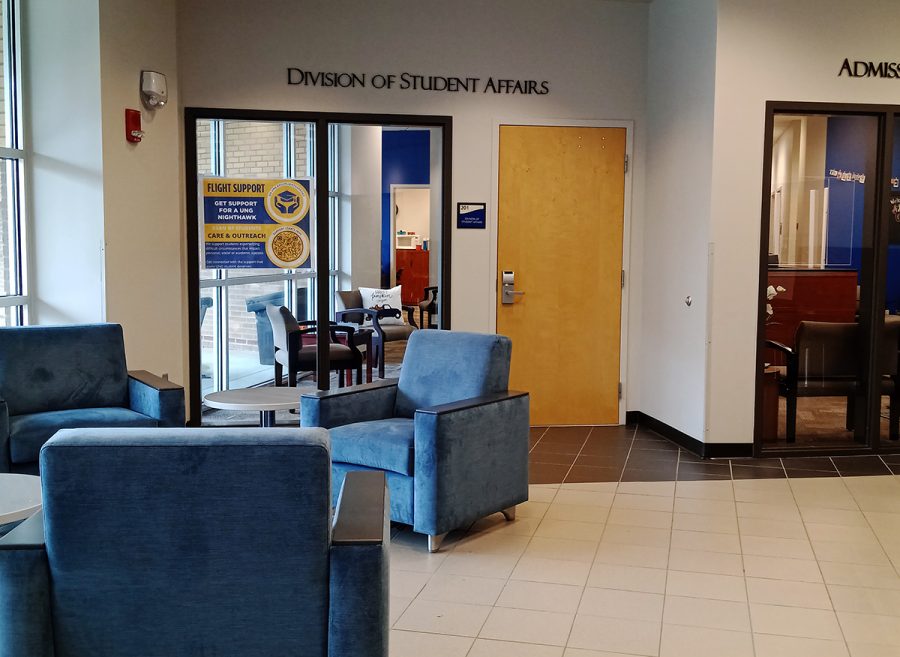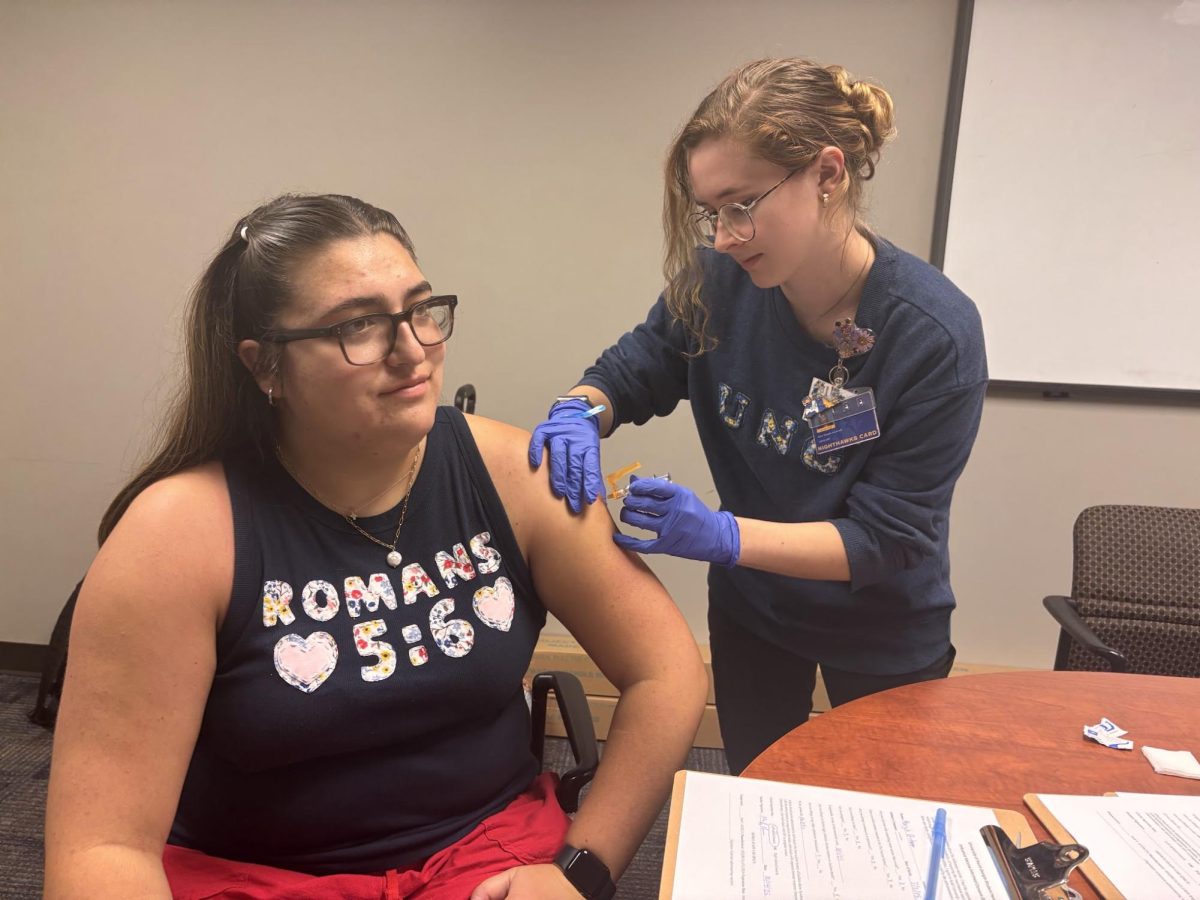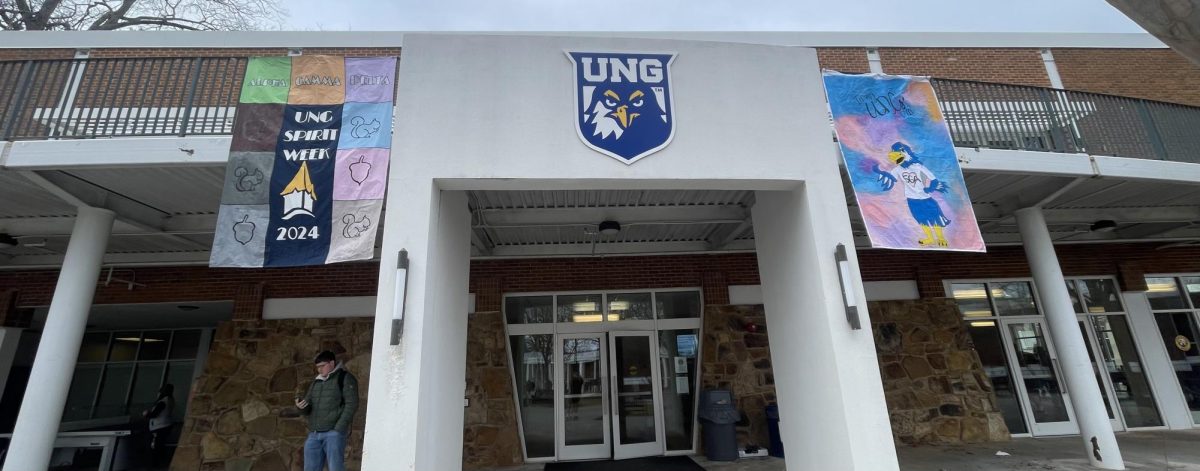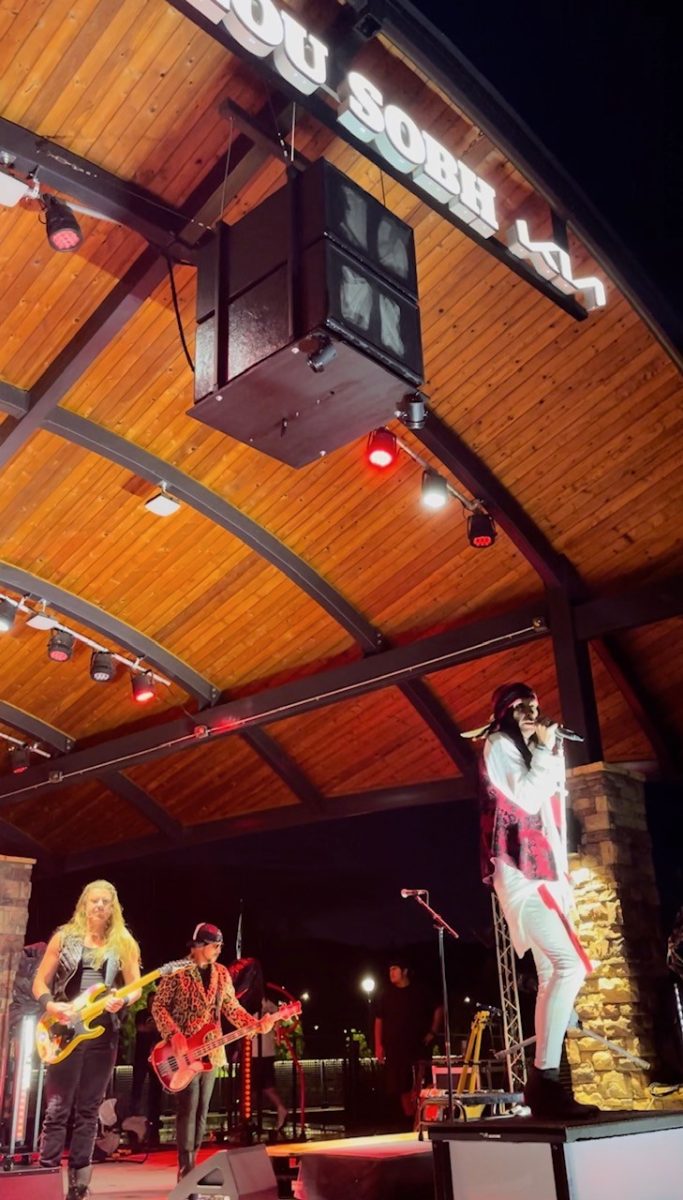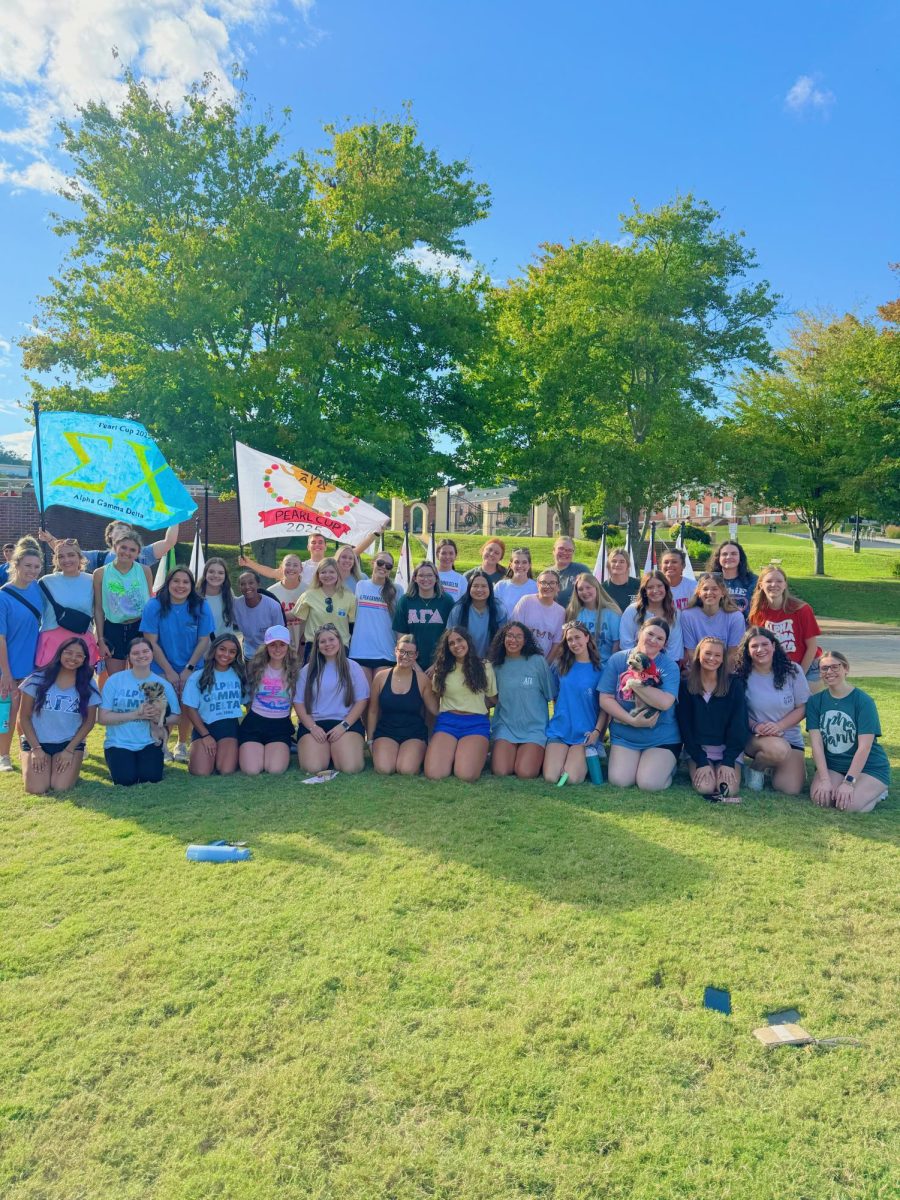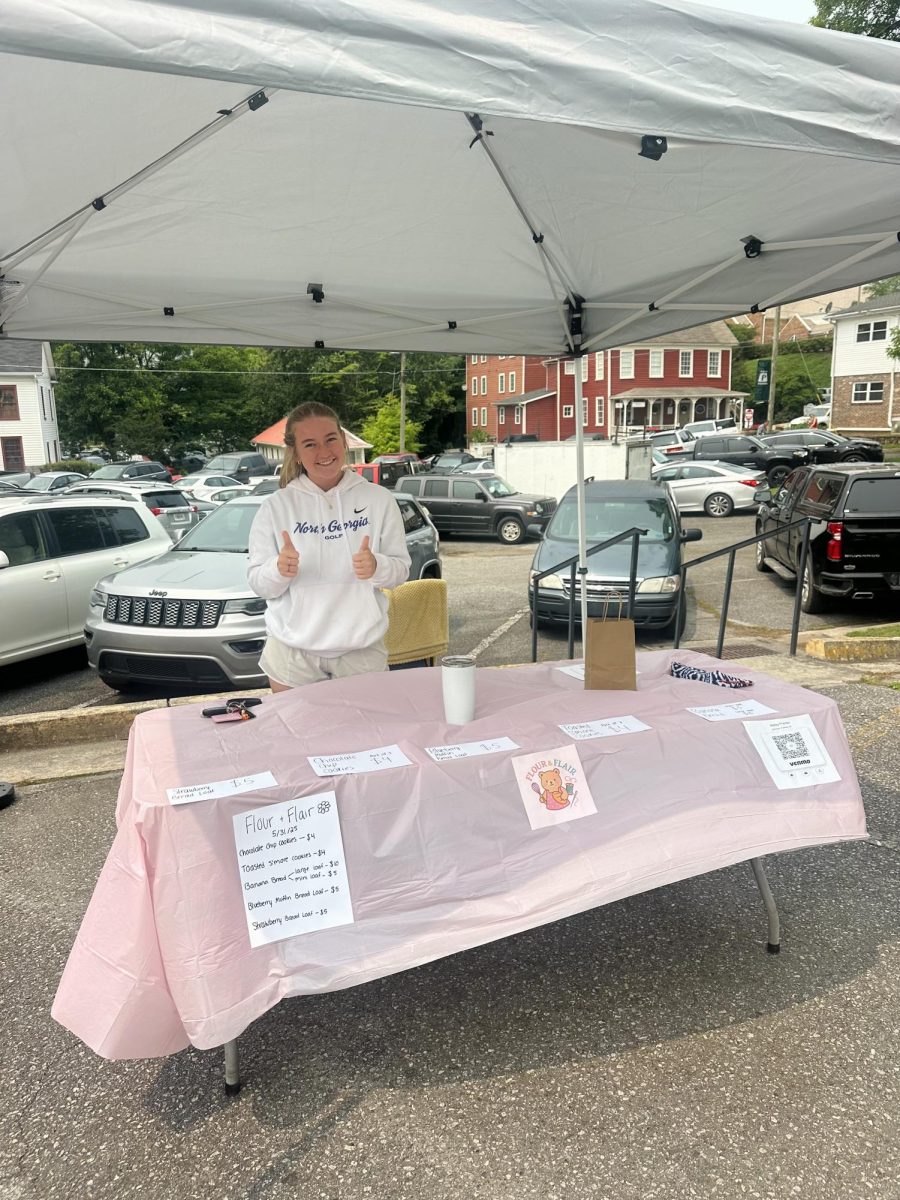Research conducted this year by American Association of University Women states that two-thirds of college students have experienced sexual harassment.
Title IX is of the Education Amendments of 1972 is a Federal civil rights law which prohibits discrimination on the basis of sex in education programs and activities. Public and private elementary schools, secondary schools, school districts, colleges, and universities that are receiving Federal funds must comply with this law. This law states that the discrimination on the basis of sex can include sexual harassment or sexual violence i.e.: rape, sexual assault, sexual battery, and sexual coercion.
The University of North Georgia has a Sexual Misconduct policy. Students can find more information about UNG’s policy here.
According to UNG’s Sexual Misconduct policy, sexual indecency includes, but is not limited to, such unwanted behavior as dating violence, domestic violence, nonconsensual sexual contact, nonconsensual sexual penetration, sexual exploitation, sexual harassment and stalking.
Sexual harassment is unwanted conduct that can include gender stereotypes. It also includes anything that is objectively offensive or would deny a person equal access to participate in programs or activities.
“The policy exists to outline what falls under sexual misconduct and the process for adjudication.” -Misty R. McDonald, Title IX Coordinator for the Title IX Office in the Division of Student Affairs on Gainesville Campus.
McDonald has been working for UNG for little over six years now. Her job is to handle the intake of reports, reaching out to the complaints to offer them support and resources, and conducting interviews for reports that go to the investigation stage. She analyzes the collected data, does presentations to educate others about sexual misconduct, and offers the complaints options regarding if they want their reports to be investigated by the university.
She said the Dahlonega campus has the most reports of sexual misconduct. Gainesville campus has the second most reports of sexual misconduct. Oconee is third, Cumming is fourth, and Blue Ridge has the least amount of reports.


The data collected by UNG’s Title IX Office is from July 1 through Nov. 9 of this year. There have been 76 reports of sexual misconduct at the university. Out of all the reports, the complaints were made by 69 females and 7 males while the perpetrators were 59 males and 7 females. Sexual harassment is the allegation to be the most reported.
Even though there are 76 reports of sexual misconduct, 12% are still open whereas 63% have no investigations. McDonald said this is because 46% of complainants don’t respond when reached out to, 33% of complainants asked for the case to be closed, 4% of the perpetrators weren’t enrolled or employed at the university, 29% of the perpetrators are not affiliated to the university, and 15% of these reports have come to an informal resolution.
12% of reports that are open, two of them are moving forward with the investigation while the other seven are still in process.
McDonald said that investigating these reports is time-consuming even though their goal is to be less than 122 days. It depends on when the time of the year that these incidents occurred, the communication between the complainants, how many witnesses were there, the willingness to schedule and meet with everyone involved, and collecting evidence.






















